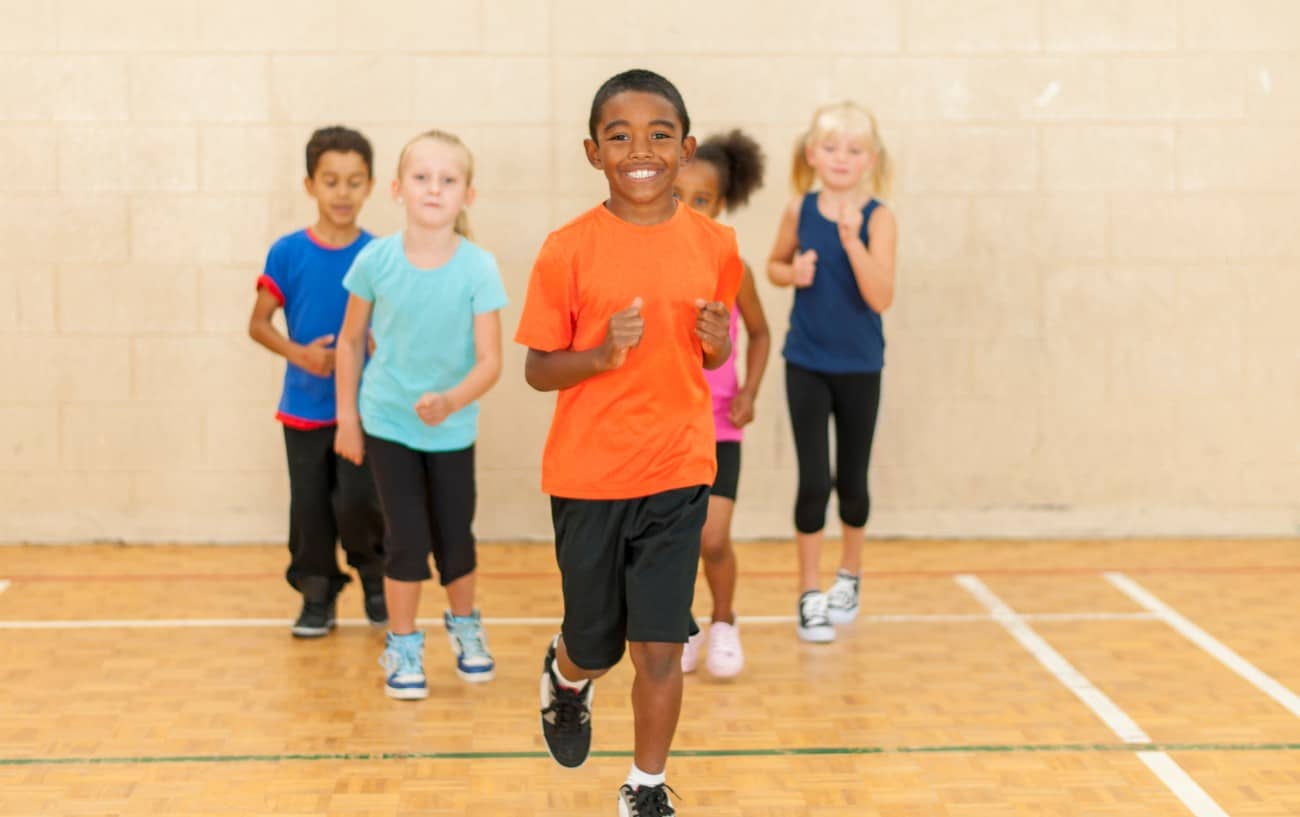Hollywood has long praised the value of friendship, whether it is through Mary and Rhoda, Woody and Buzz Lightyear, or the 20-somethings from “Friends.” And for good cause. A true friend is someone who supports you without passing judgment, is there for you in times of need, and always has the right thing to say. It’s time to treat your friendships right because they’re a necessary component of a happy life. To find out why friendships important, how to keep them strong, and the easy measures you can do right away to be a better friend, keep reading.
The Benefits of Friendship
Family relationships frequently come with a sense of guilt and obligation. The remedy for life’s difficulties, on the other hand, is friends.
Friendship Splits the Work
Sponsered2
What is the power of friendship? The University of Virginia conducted a study to see whether friendship affects how we face daily challenges. On the university campus, researchers conducted an interesting experiment where they stood at the bottom of a steep hill (a 26 degree incline) and requested the assistance of 34 students as they passed by. Some kids were walking alone, while others were doing so in pairs.
Each student received a backpack containing weights that were roughly 20% of their body weight. The students may have believed they would have to climb the hill, but all the researchers wanted them to do was calculate how steep of a climb it would be.
Importantly, students who were standing alone thought the slope of the hill was steeper and that it would be more difficult to climb while carrying a heavy pack. Yet, students who were standing next to a friend offered lower estimates of the hill’s steepness because they thought it looked easier to climb. It was interesting to note that the slope seemed less steep the longer the two friends had known one another.
Sponsered2
Numerous research back up the idea that having social support makes it easier to handle stress. Female college students’ pulse rates increased when they were given difficult arithmetic problems to solve. Yet, their heart rates were lower when they were instructed to work on the math tasks with a friend present. The amount of stress chemicals in the blood of rhesus monkeys increases when they are relocated to a new habitat, according to scientists. However the levels of stress chemicals found in a monkey’s blood were significantly lower when she was transported with her favourite buddy (monkeys can form friendships). (Rats and guinea pigs have had similar outcomes.)
All of the studies points to the idea that having friends around might alter how we perceive difficult circumstances and that just having a friend there can reduce stress. We can effectively offload some of the emotional weight of daily life by having friends.
Friend Advantages for Health
Sponsered2
Romantic partners are primarily the subject of research on health and relationships. But according to researchers, the influence of our friendships on our health is greater. According to research, having friends has several positive effects on your health.
A 10-year Australian study found that older people with a large circle of friends were 22 percent less likely to die during the study period than those with fewer friends.
In 2006, a study of nearly 3,000 nurses with breast cancer found that women without close friends were four times as likely to die from the disease as women with 10 or more friends. Notably, proximity and the amount of contact with a friend wasn’t associated with survival. Just having friends was protective. Having a spouse wasn’t associated with survival.
In a six-year study of 736 middle-age Swedish men, being attached to a life partner didn’t affect the risk of heart attack and fatal coronary heart disease, but having friendships did. Among risk factors for cardiovascular health, lacking social support was as bad as smoking.
What makes friendships so beneficial to us? Researchers have a few hypotheses.
Sponsered2
Logistical support: Friends can help a sick person with errands and pick up medicine, albeit in the majority of research, proximity was not a factor in the advantages of friendship.
Association: Those with strong social relationships may also have easier access to medical treatment and services or be more likely to ask for assistance.
Less stress: Strong friendships may help people feel less stressed, which may explain why they are less prone to catch colds than other people.
Sponsered2
favorable peer pressure : Researchers have discovered that some health behaviors seem to spread easily, and that both offline and online social networks can have an impact on things like obesity, anxiety, and general well-being. According to a recent study, a person’s social network has a significant impact on their exercise habits.
Yet, it might also go the other way; a sizable 2007 study found that the likelihood of obesity increased by almost 60% among individuals whose acquaintances put on weight.
Friendships Facilitate Aging
Sponsered2
Author and National Geographic fellow Dan Buettner has researched the health practices of individuals who live in areas of the world where life expectancy is significantly higher than the global average. He refers to these places as “blue zones” and discovered that pleasant relationships are prevalent there.
People develop a type of social network known as a moai in Okinawa, Japan, where the average life expectancy for women is about 90, the longest in the world. A moai is a group of five friends who provide social, logistical, emotional, and even financial support for a lifetime. In a moai, families help one another out when a child is ill or someone passes away, and the group benefits when things go well, such as by sharing a bountiful crop. Also, they seem to affect one another’s long-term health practices.
To assist individuals in evaluating the beneficial effects of their own social network, Buettner’s team developed a quiz. The quiz asks questions about the health and perspective of your friends as well as their eating, drinking, and exercise habits. The objective is to find the individuals in your life who scored the highest and spend more time with them, not to get rid of your unhealthier pals.
Sponsered2
Mr. Buettner urges people to concentrate on three to five close friends in person rather than far-off Facebook pals, saying, “I suggest that the most potent thing you can do to add healthy years is to curate your immediate social network.” You should look for friends who can engage in meaningful discourse, he advised. “They will care if you call them on a bad day. Your friends will benefit you more than anything, and they are better than any medication or anti-aging product.
Sponsered2




